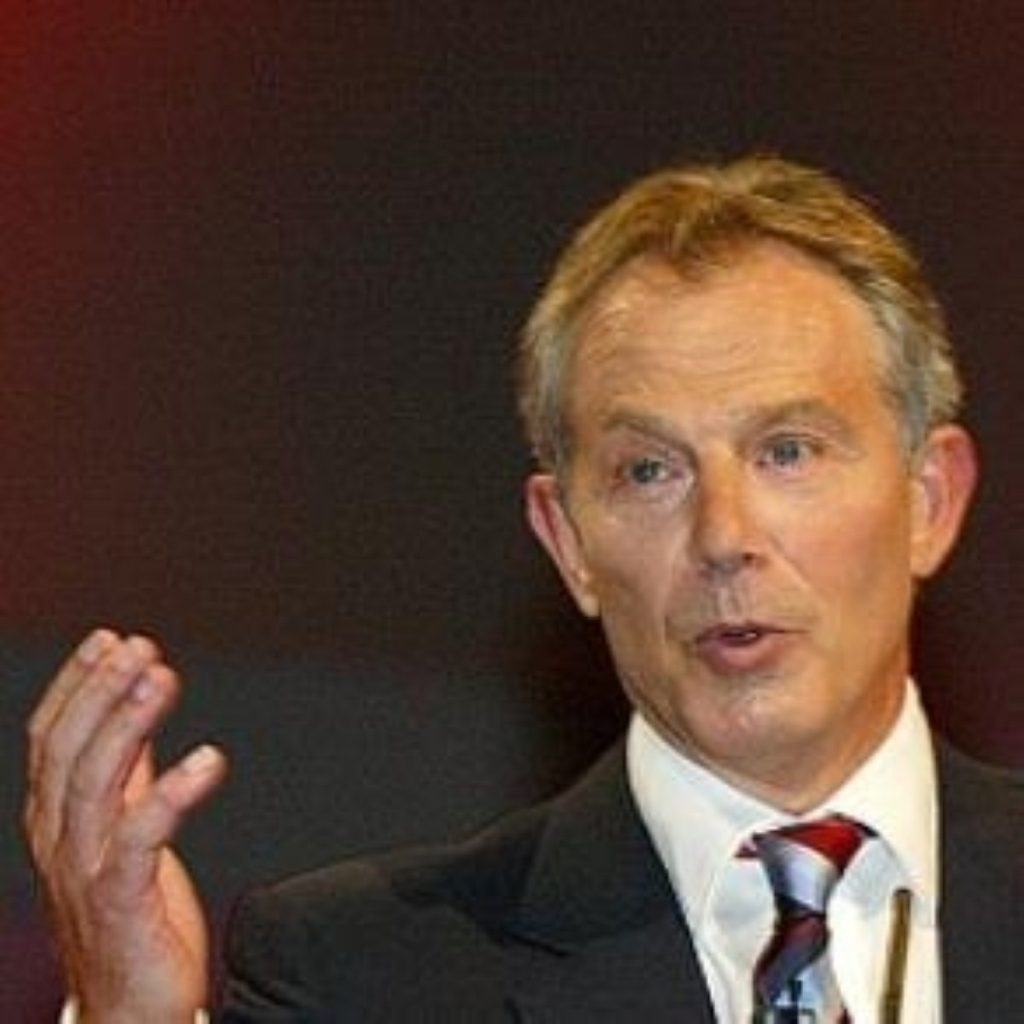MPs and ‘Cabinet minister’ show differing memories of Blair
Labour MPs have turned on Gordon Brown for his “disastrous” return to Blairite politics.
Back bench MP John Trickett said Mr Brown was now in the “very dangerous position” where core Labour voters do not feel represented, but those voting for the party for the first time in 1997 are now considering voting for Cameron.
“We are in a pincer trap,” he warned a meeting of the Compass group of MPs and Progress, an independent group representing Labour party members and trade unionists.
Compass chair Neal Lawson and Mr Trickett criticised Mr Brown’s leadership since June 2007.


Mr Trickett said the prime minister had ended up representing continuity rather than dramatic change.
Moreover he warned Downing Street had been weakened, allowing Blairite ministers to push their agenda.
Mr Lawson said Mr Brown appeared to have “pushed the rewind button” and “put the oxygen mask on those old policies”.
“Tony Blair went for a reason. That kind of politics has been tried, tested and found wanting,” he said.
Mr Lawson agreed Mr Brown had represented a new style and ideas when first taking office, but this had been “completely lost” over the autumn.
The past six months had been “disastrous” for Labour, but he argued the party could still recover.
Compass interpret Labour’s decline in the polls as showing a “reversion to the old New Labour politics of Blairism is not where the country needs to be”.
Meanwhile, the prime minister has faced embarrassment by the suggestion at least one of his Cabinet ministers feels he is insufficiently like his predecessor.
Labour MPs are attempting to discover the author – allegedly a Cabinet minister – of a poem unfavourably contrasting Mr Brown to Tony Blair.
It reads: “At Downing Street upon the stair, I met a man who wasn’t Blair, he wasn’t Blair again today, Oh how I wish he’d go away”.
In a Commons debate yesterday, shadow business secretary Alan Duncan accused his counterpart John Hutton of penning the ode.
Mr Hutton previously predicted Mr Brown would be a “f***ing awful prime minister” and Mr Duncan said the “flavour of the language” suggested he was the author.
The business secretary maintained they were “absolutely not” his words, insisting he would have written better poetry.









